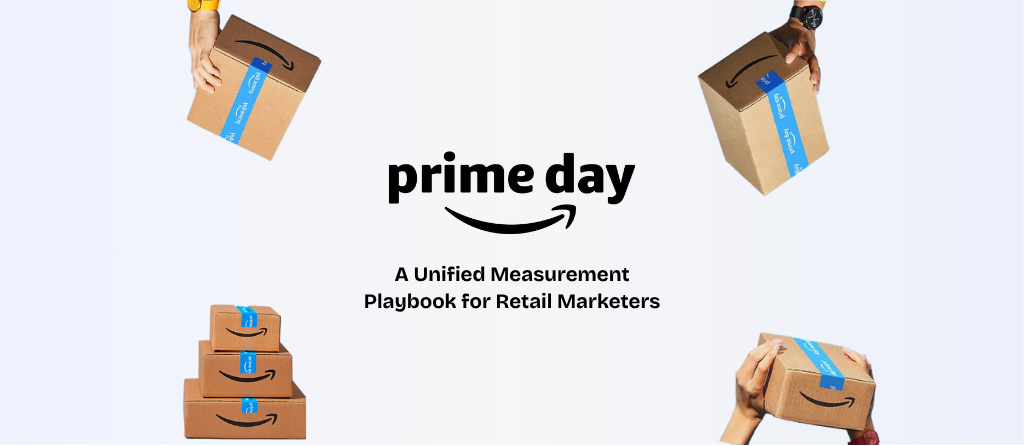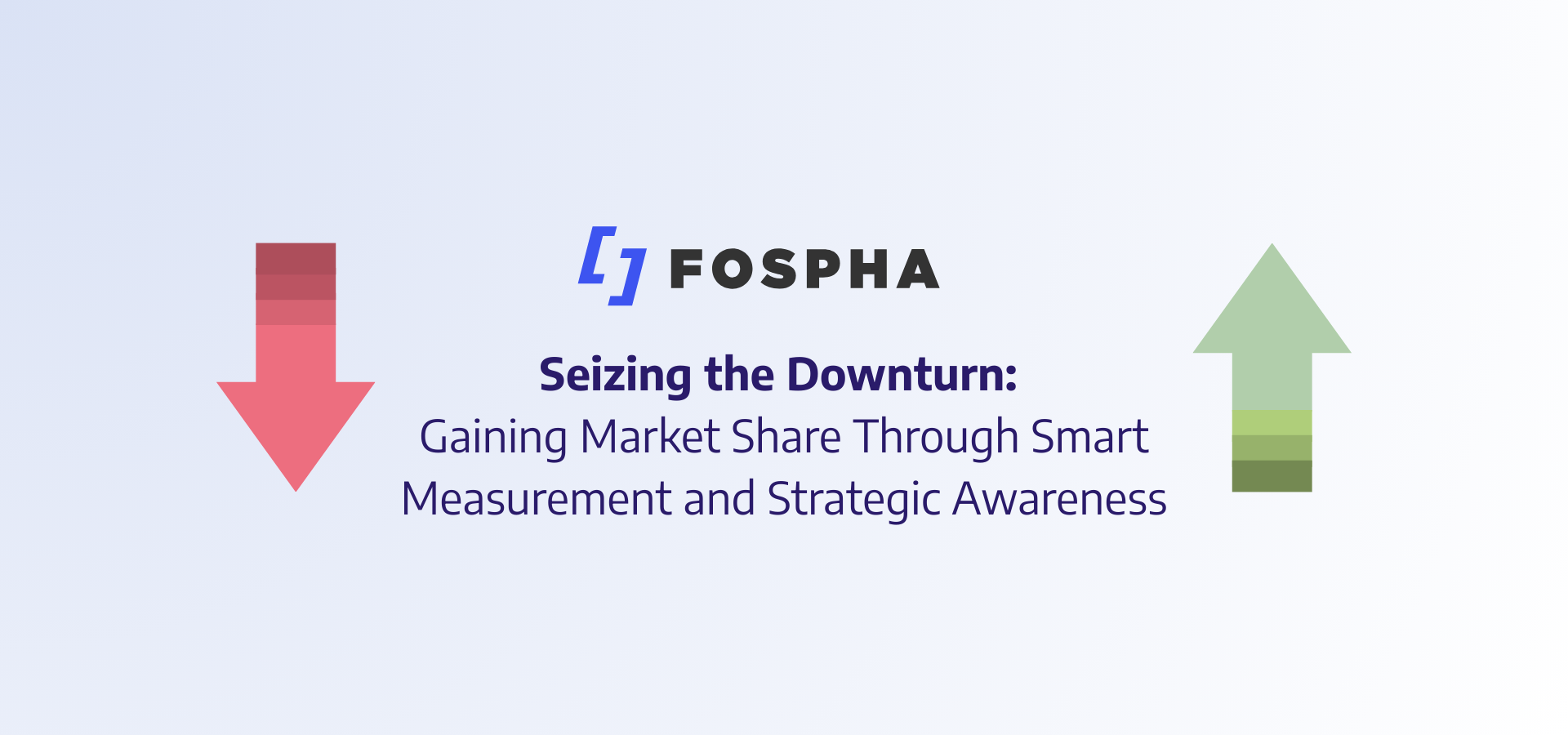The launch of the new iOS 14 has created a hell of a stir in the advertising world.
At Brussels’ International Data Privacy Day last week, one statement from Apple CEO Tim Cook captured the situation perfectly: “Technology does not need vast troves of personal data stitched together across dozens of websites and apps in order to succeed. Advertising existed and thrived for decades without it, and we’re here today because the path of least resistance is rarely the path of wisdom.”
The path of least resistance for brands here has been to depend too heavily, and in some cases almost exclusively, on ad platforms like Facebook and their vast troves of personal data. Facebook is undeniably phenomenally effective at driving customer acquisition for ecommerce brands.
But the most successful and highest-growth brands have long since recognized it is unwise to depend on ad platforms to measure their own performance. This foresight leaves them well positioned to deal with the impact of iOS 14 to Facebook’s data collection and the knock-on impact for attribution and data measurement.
So what is changing with iOS 14?
iOS 14 will require all apps to show an App Tracking Transparency prompt (ATT), which will ask users to opt in or out of allowing the app provider to collect and share their data and track them across the app and mobile web.
The significant knock-on impact is the way in which this affects permission for tracking using the Identifier for Advertisers (IDFA) – which is how advertisers are able to identify individuals with Apple devices – as well as Facebook’s wider 3rd party cookie solution. This change will have a significant impact on data measurement and attribution for advertisers.
The change means that for users who opt out, Facebook will be restricted on what they can see users doing after they click on an ad. For Facebook, this creates significant measurement and audience-building challenges.
In a nutshell, if Facebook can’t see whether a user who clicked on an ad converts on their client’s website, they can’t really measure the ad’s effectiveness. More immediately problematic in terms of revenue impact is the fact that if Facebook can’t see if a user converts, signs up to a mailing list or leaves items in their basket, they won’t know whether to remarket to them.
The pace of change and wide-ranging implications have justifiably created confusion for marketers.
One of the most common misconceptions is the belief that this only impacts app tracking on Apple, so businesses that don’t have an app, or app sales are a low percentage of their overall sales, are unaffected. This is not the case, as the changes limit the data shared with Facebook by users of their apps on Apple devices.
Facebook are expecting the changes to have such an impact that they have proactively made universal changes to their attribution in anticipation: 28-day click-through, 28-day and 7-day view-through attribution windows have already be removed, replaced by a default 7-day click.
So how big a problem is this?
In short, for all brands, these changes will have an impact on the efficiency of some of their Facebook ads. With some users opting out of tracking, it’s no longer possible to be as precisely targeted with prospecting and retargeting campaigns.
From an overall measurement and attribution perspective however, the best-prepared brands will be almost completely unaffected and well-placed to take advantage of the uncertainty the changes are causing for their competition.
In fact, where these changes really hurt, they are just the most obvious symptom of a much bigger problem: total dependency on the ad platforms to drive sales and measure their own effectiveness.
It’s only in a world where ad platforms have generated such ‘vast troves of data’ to enable highly effective online advertising that it’s imaginable brands could accept this as the status quo, particularly when it’s been very well known, since the dawn of multi-channel digital advertising, just how flawed the measurement they provide is.
Owing to the complexity of the customer journey, across channels, across devices, over time, each advertising platform will tend to take full credit for sales they are only partially responsible for generating.
Marketers see the impact of these flaws every day: if they add together the conversions claimed by each of their channels, they will consistently be reporting two to five times the actual number of sales.
The only reason why this ‘path of least resistance’ has been tolerated is because digital channels like Facebook have been so effective and in possession of data that no one else has access to. But when that data access is suddenly removed – in this case through Apple’s update – existing fault lines are harshly exposed.
So what now?
Brands have two clear options in front of them now. They can make the bare minimum changes in the short-term to adjust their attribution window in Facebook, re-optimize their campaigns and accept the loss in return on advertising spend as their ads become less efficient. Or they can rise to Tim Cook’s challenge and focus on the big picture. Because every couple of years, the data goalposts move.
Post-GDPR, we saw Google removing access to Doubleclick IDs and constraining the ability to track Display impressions at the user level. Earlier in 2018, it was Facebook again, restricting user-level data being shared with 3rd parties in the wake of the Cambridge Analytica scandal.
Throughout all these changes, there has been one constant: brands that depend less on the ad platforms fare better. These brands obsess about their first party data and independent measurement and attribution, the basis for understanding the relative effectiveness of each of their cross-channel marketing activities.
These brands only ever rely on the user-level data that customers are willing to share, have permission to use and make sure they don’t need anything more. With this mindset, they are proactive in asking for this data and eking out every bit of value out of it.
As a real world example, we’ve seen brands grow to tens of millions of revenue with high six-figure monthly online budgets through first-party data alone, often a combination of user-level web tracking and post-checkout customer survey data (most commonly the ‘where did you hear about us?’ form) for data measurement and attribution.
Whilst this approach has limitations too, a reliance on ad platforms to mark their own performance is not one of them.
Facebook’s response to the iOS 14 problem has been to announce they are working on an ‘aggregated event measurement’ solution. Details are hazy currently but it’s likely it will involve finding the correlation between high-level activity in Facebook and aggregate events on the advertiser’s website (in the absence of being able to track this activity at the user level).
Taking an aggregate approach to measurement and attribution isn’t new – it’s how we at Fospha have approached the problem since our beginnings. We, among others, have long preached caution in relying on privileged access to data controlled by someone else to measure your marketing, and our product is underpinned by this belief.
All our customers own their own data. We help them use their first party data, as the foundation for the most defensible, deterministic attribution, and combine it with statistical modelling of 3rd party aggregated datasets to measure the effectiveness of activities where it’s not possible to get user-level data, to properly credit ads that people view but do not immediately click on.
Of course, even as they move towards adopting a similar methodology, the inherent problem with Facebook’s new model remains the same – it is owned and operated by Facebook.
This conflict of interest means they can never wholly serve their customers in a measurement capacity – whilst the goal for independent measurement providers is to empower business to own their data to build a brand that is resistant to changes like these, the desired state for ad platforms is to enable brands to grow through buying ads.
The iOS 14 changes simply shine a light on and worsen the real problem. This isn’t going to start and end with Facebook. This is going to affect any ad platform that advertises to customers on Apple products with links to their customers’ websites.
This needs to be the catalyst for brands to start owning their data and demanding better, independent measurement. If they do not, they will continue to be at the mercy of outside forces, facing the risk of decremental deterioration beyond their control at the onset of every GDPR, CCPA, or iOS14 style update.


